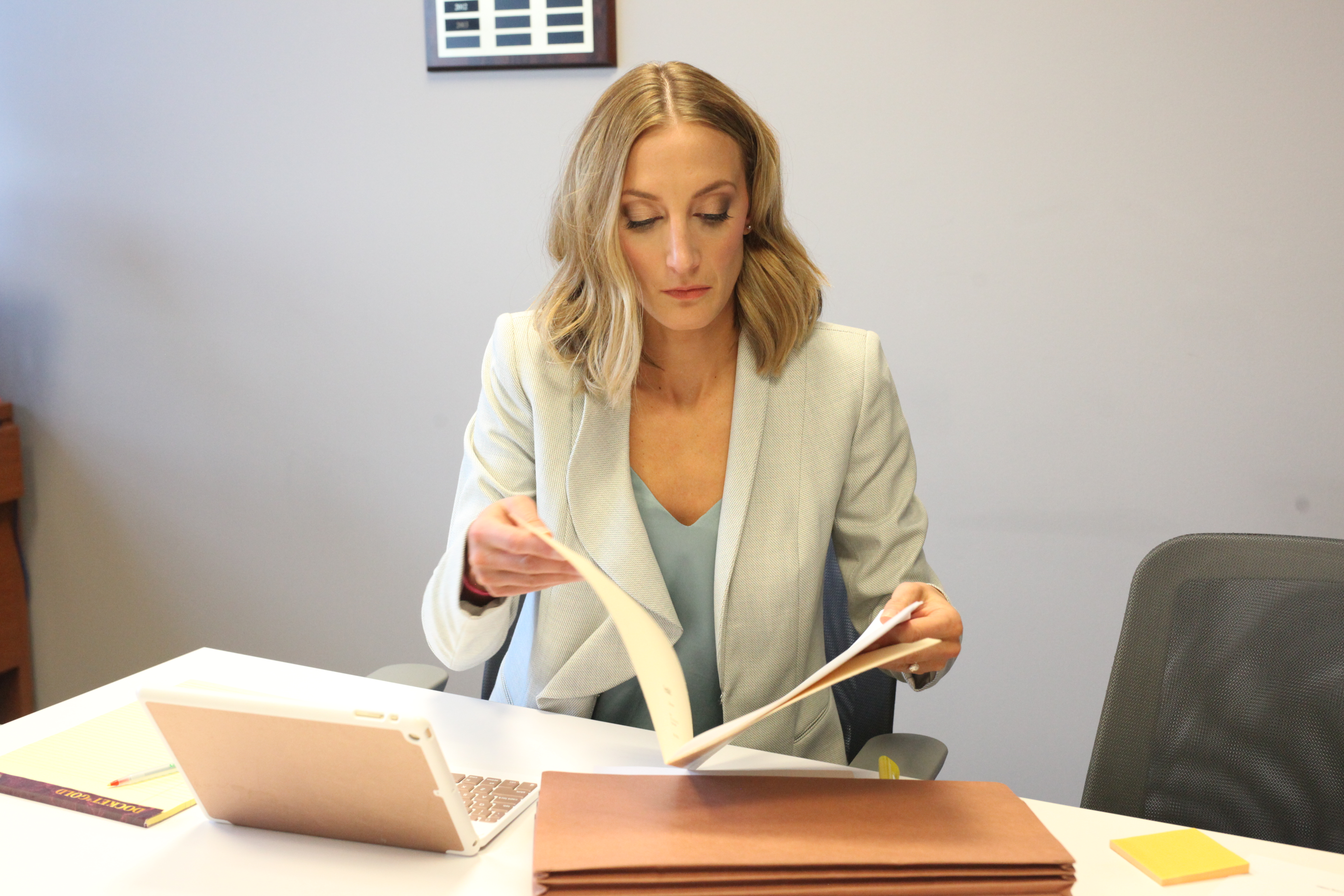
As fun as summer is, the season brings about a few dangers that we don’t often think about during the cold months. The heat and large crowds are mostly to blame, but luckily it’s relatively easy to stay safe if you take the right precautions. Below are some tips for staying safe this summer!
Staying Safe in the Heat and Sun
- Always wear sunscreen! This may seem trivial, but many people forget. Get in the habit of applying every time you leave the house. Carrying a small bottle with you will help make sure you always have some SPF handy.
- Don’t overdo it. If you’re starting to feel tired from the heat or sun, seek shade. The CDC reported a total of 7,233 heat-related deaths in the U.S. between the years of 1999-2009, which equals an average of 658 people died of heat-related causes each year.
- Avoid strenuous activity during the hottest parts of the day. Depending on where you live, the hottest part of the day is usually between 2-4pm.
- Wear proper clothing. Think: lightweight, light colored, loose-fitting.
- Treat sunburns properly. Drink lots of water, don’t peel your sunburns, generously apply aloe vera lotion, and try to remember your sunscreen next time!
Staying Safe on Water
- Wear a life jacket. This may seem like an easy one, but plenty of adults forget to wear life jackets when on boats! This one is especially true for kids.
- Drink extra water. It’s too easy to forget to drink water, especially when you’re in the water! Remember to hydrate properly, as it’s common to become very dehydrated when you’re in the sun.
- Avoid alcohol. Not what you want to hear when you’re trying to have fun on a boat, but alcohol brings with it a few problems like dehydration and lowered inhibitions. Plus, the probability of being involved in a boating accident doubles when alcohol is involved.
Staying Safe in Crowded Places
- Know where your nearest exit is. When you arrive at a crowded place such as a concert or festival, take a mental note of all the nearest exits in case you need to run for it.
- Consider leaving if the crowd gets out of control. Keep an eye on the general vibe of the crowd. If it feels like it’s getting a little too crazy, it’s probably best to leave.
- Pick a meeting point to rendezvous with your group if you get separated. Pick the rendezvous point before you get inside and make sure everyone knows where it is.
- Be aware of your surroundings. Keep an eye out for any suspicious activity, and alert an official if something seems off. Better safe than sorry!
- Write your phone number on your kids’ arms. If they get separated from you, someone will be able to call you to alert you of their whereabouts.
- Keep your phone fully charged. Make sure it’s charged before you leave, and bring a spare battery if your phone tends to die easily. Having a fully-charged phone is important should you get separated or an emergency arise.
Have fun this summer! If an accident or injury occurs (and we hope it doesn’t!), schedule a FREE consultation with Chicago personal injury law firm Lyndsay Markley Law by calling (312) 523-2158 or emailing info@lmarkleylaw.com.




